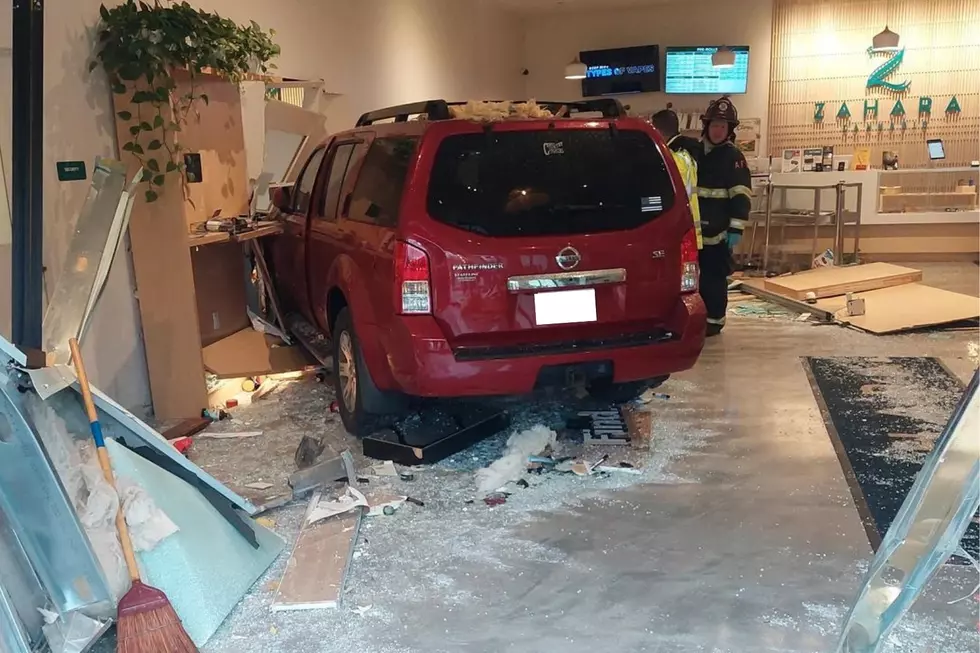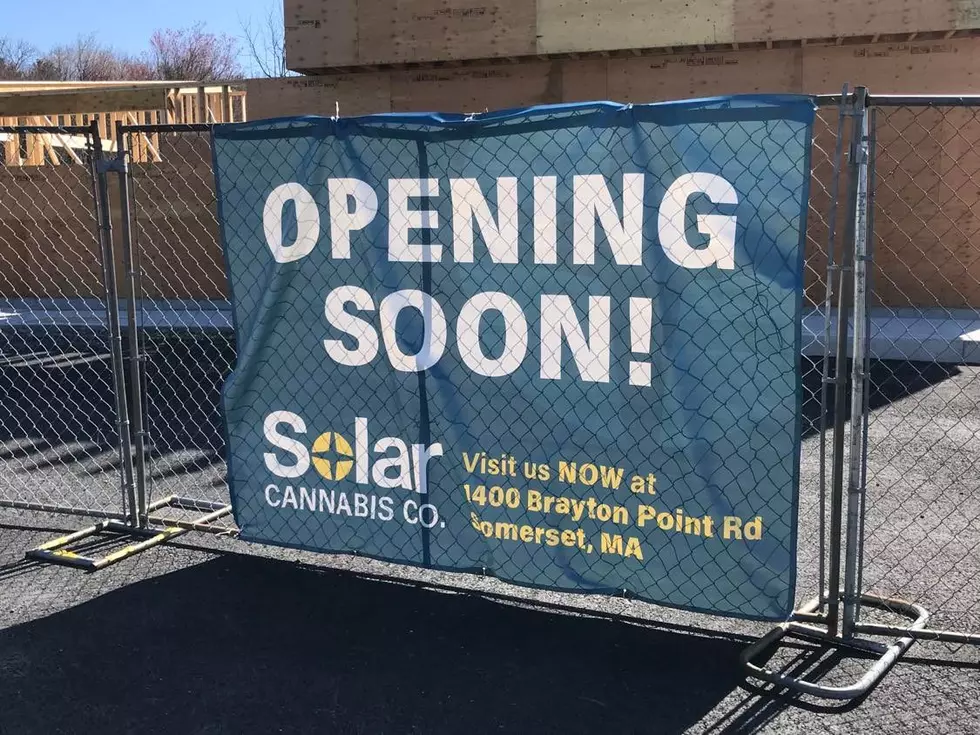
State Cannabis Control Commission Holds Public Hearing
DARTMOUTH — With the newly legal marijuana industry in Massachusetts to start functioning this year, regulators from the state's Cannabis Control Commission has been seeking input from the public.
Commissioner Kay Doyle and Director Shawn Collins fielded comments from those who attended the hearing at UMASS Dartmouth's School of Law on Tuesday, one of 10 the Commission is holding throughout the state. The Commission recorded and plans to transcribe the comments made during the event.
Residents were given five minutes to make their comments to the state regulators. Doyle and Collins stated at the beginning of the event that they would not be answering any questions.
One of the first to address the Commission was Pat Neary, a Bridgewater woman, who volunteers for a marijuana ad hoc committee. She says that she's being following the legal changes surrounding cannabis on the federal and state levels, and voiced her concerns about municipalities allowing the delivery of the drug in their towns. Neary also spoke out against legalizing recreational use and retail sale of cannabis.
“I'm very concerned about delivery only being allowed in these towns because first of all there's no control, and I also wonder who gets the tax dollars from that,” Neary said. “The conversion of medical to retail-recreational is unacceptable because when those medical licenses were issued they hadn't planned on having recreational marijuana legal in the state, and now it is. It's like they're changing the rules in the middle of the game.”
Paul Brennan, the owner of Homegrown Academy and advocate for retail sale and recreational use, also spoke to the Commission. Brennan says that Homegrown Academy is a service out of Carver with a goal of teaching consumers and patients how to grow their own marijuana at home and breaking the negative stigma surrounding responsible marijuana use.
Brennan told the Commission that he feels it's important for the state to allow for avenues of social marijuana consumption. He argues that responsible adults need a place to gather and consume cannabis responsibly and safely, just like they would alcohol. He finally suggested that one-to-three day pop-up social event licenses be made available so events that allow cannabis use alongside alcohol use can exist.
“These sorts of options should be allowed for responsible adults, and if we are really going to regulate cannabis like alcohol, and we are going to break the stigma and present this as something responsible adults can use, then we should be allowing the same avenues that are also allowed for alcohol,” stated Brennan. “For instance, at a 5K when you're done running there's a beer tent. Well, I don't drink beer. I might like to have a cannabis tent. There's an Oktoberfest every fall, so maybe a harvest fest that is akin to an Oktoberfest would do.”
Immediately following Brennan was another advocate for the social and medical uses of cannabis. Iraq War Veteran Jason Cullinan explained to the Commission that he suffers from Post-Traumatic Stress Disorder (PTSD), and became addicted to his prescription pain medication shortly after his return from the military. He says that after a stint in the hospital and numerous attempts to seek treatment, his wife convinced him to get a medical marijuana card, which he says changed his life.
“My wife convinced me to get my medical marijuana card and I started using marijuana to treat my withdrawal symptoms at first so I could get something to eat and get to sleep, and it turned into something that changed my life,” Cullinan testified. “I no longer need my anti-depressants or my pain meds. I no longer take any type of sleeping medicine or anything for my anxiety and stress.”
Cullinan went on to tie his experiences with medical marijuana to that of other veterans suffering from similar conditions.
“I wanted to tell the Commission that without having a place for veterans to congregate and get together to socially consume, then there's no other way for us to get together and take our medicine without it being illegal or being dangerous,” said Cullinan. “It's not like alcohol where we could all get together and drink. What kind of message is that?”
The commission will begin accepting applications for licenses to operate marijuana businesses in April.
More From WBSM-AM/AM 1420








![Why New Bedford Still Has No Recreational Marijuana Shops [OPINION]](http://townsquare.media/site/518/files/2021/09/attachment-GettyImages-1218861134.jpg?w=980&q=75)
